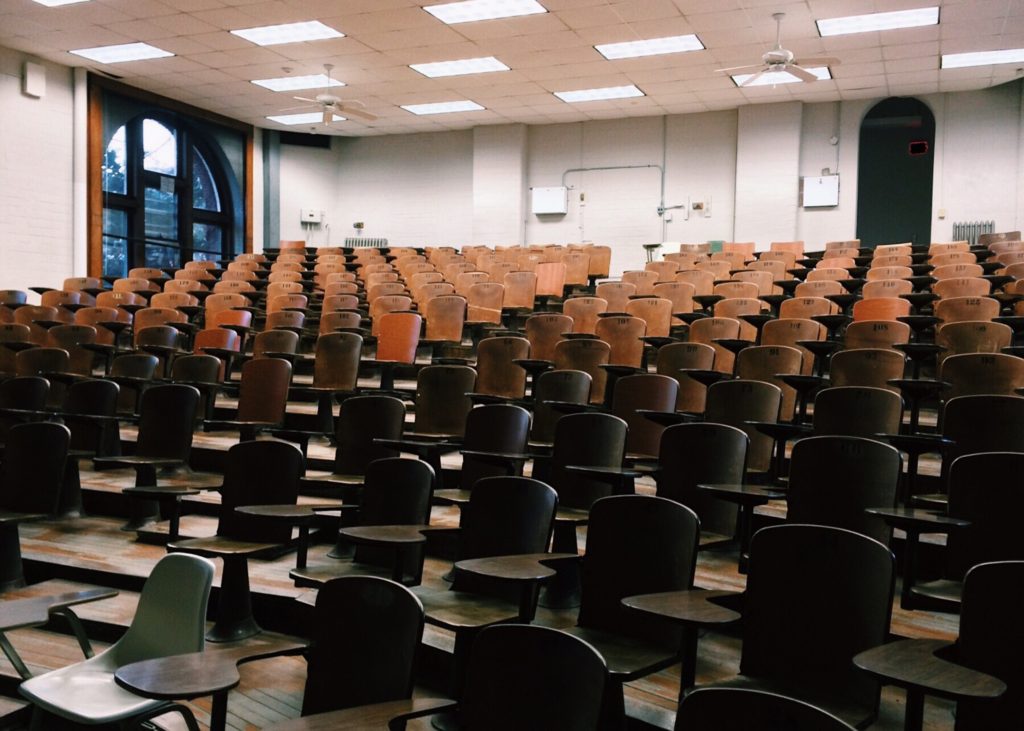In a new study, researchers examined the accuracy and consistency of grades and test scores in measuring a high school student’s academic readiness for college.
Understanding the Cost of College
The federal government requires all colleges participating in federal student aid programs to post a net price calculator on their official website. A recent study finds that they can provide incomplete, outdated or even misleading information.
College Bound: Examining the Impacts of Dual-Credit Courses
In the first study of its kind, researchers examined the impacts of dual-credit math coursework on a range of student outcomes, including college enrollment and course-taking behavior.
Misplaced: The Accuracy and Limitations of College Readiness Indicators
More than half of all students enrolling in community college are placed into non-credit developmental education courses. A newly published statewide study, however, found that a significant percentage of Florida students had been misplaced.
The Growing Burden of Graduate Student Debt
Advanced degree borrowers now account for roughly 40 percent of the nation’s $1.6 trillion in total student loan debt, and a new study finds that some students are more likely to bear that burden than others.
Study: Offering Bachelor’s Degrees Can Lead to Tuition Increases at Community Colleges
In an effort to address workforce needs and serve local students and families, a growing number of U.S. community colleges have begun offering bachelor’s degree programs in recent years. A new national study finds those offerings can lead to college-wide increases in tuition and fees.
How Do Teachers Define College Readiness?
Responding to workforce demands and growing pressure on students to earn a post-secondary degree or certificate, U.S. high schools have increasingly focused on “college readiness.” It’s a concept, however, that can be difficult to formally define.
The Unintended Consequences of Performance-Based Funding
Seton Hall University’s Robert Kelchen led a national study of colleges and universities to understand the impact of performance-based funding, and whether targeted bonuses can boost enrollment rates for minorities and low-income students.
Common Factors in States That Ban Affirmative Action
Eight states have now formally banned affirmative action, prohibiting the use of race in the evaluation of college applicants. A new study by Southern Methodist University’s Dominique Baker set out to understand the political, social, and economic climate of those states prior to ban adoption.
Behind the Curtain: An Exploratory Study of Undergraduate Admissions
In the wake of a national college admissions scandal, involving wealthy parents, bribes, cheating, and some of the country’s elite universities, undergraduate admissions practices – and their impact on equity and student diversity – are facing renewed scrutiny.










